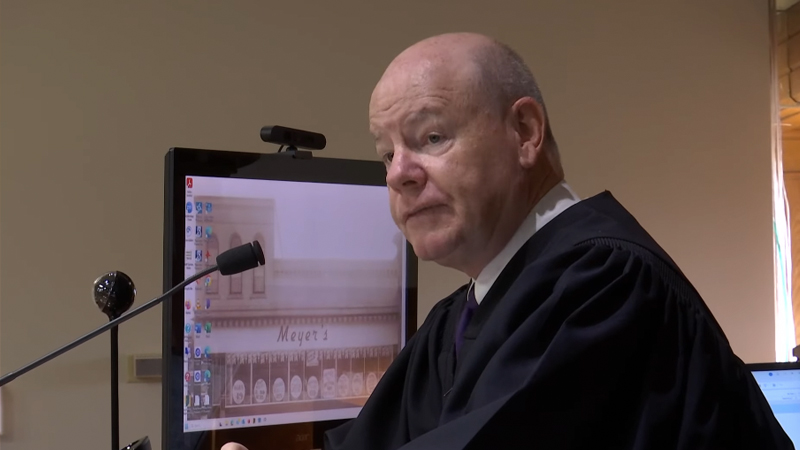
Ministry of Truth: Japan’s Communications Ministry Proposes Disinformation Law
Only recently, the Center for Strategic and International Studies (CSIS), an influential Washington think tank, outlined how the US and Japan could bolster their cooperation in “combating misinformation.”
In a report, CSIS noted almost in passing that Japan has in general fallen behind in this activity, but also that the group’s representatives had meetings with officials in Tokyo.
Coincidentally or not, news out of Japan this week says that the country’s Internal Affairs and Communications Ministry is looking at introducing new “anti-disinformation measures.” And, a draft report notes that here, “efforts are not sufficient” while transparency and accountability (ostensibly on the part of internet companies) have not been “adequate.”
That would suggest yet another “Ministry of Truth” and “disinformation law” are in the making somewhere in the world, these taking shape as a draft report details possible measures that social media companies would have to adhere to, going forward.
The report, which notably comes from the Interior Ministry (also in charge of Communications), speaks about the necessity of companies behind social platforms setting up “counter-disinformation systems” themselves, that would deal with what is deemed to be “disinformation” by deleting this content, but also, stepping up “screening of advertisers.”
And once again, time seems to be of the essence, because the report states that the reaction would have to be “prompt.”
The next step is for the draft to become subject to some form of public debate, after which the local press says it will become “official;” and the following step will be making it into law.
The situation reads almost like Japan wasn’t aware it had a “misinformation” problem of a magnitude that requires new and stringent rules, but is now just realizing that, and is almost mimicking the tone and language that’s been present around the topic for years already, in many parts of the world.
Thus, there are some vague and broad “definitions” – the content to be promptly dealt with is that which “contains obvious errors, infringes on the rights of others or is illegal (including disinformation).”
The Japanese plan states that once “a request” comes from a governmental agency, “the operators should make a prompt decision and provide notification as to whether they will delete the information or not.”
What about freedom of expression? The report’s authors seem to think this will do the trick: “The draft also requests that the administrative agency disclose information such as the contents of the request.”
One target is repeat offenders accused of peddling “illegal disinformation,” who will have their content deleted and accounts suspended.
Evidence of Multiple Shooters at Trump Assassination Attempt




